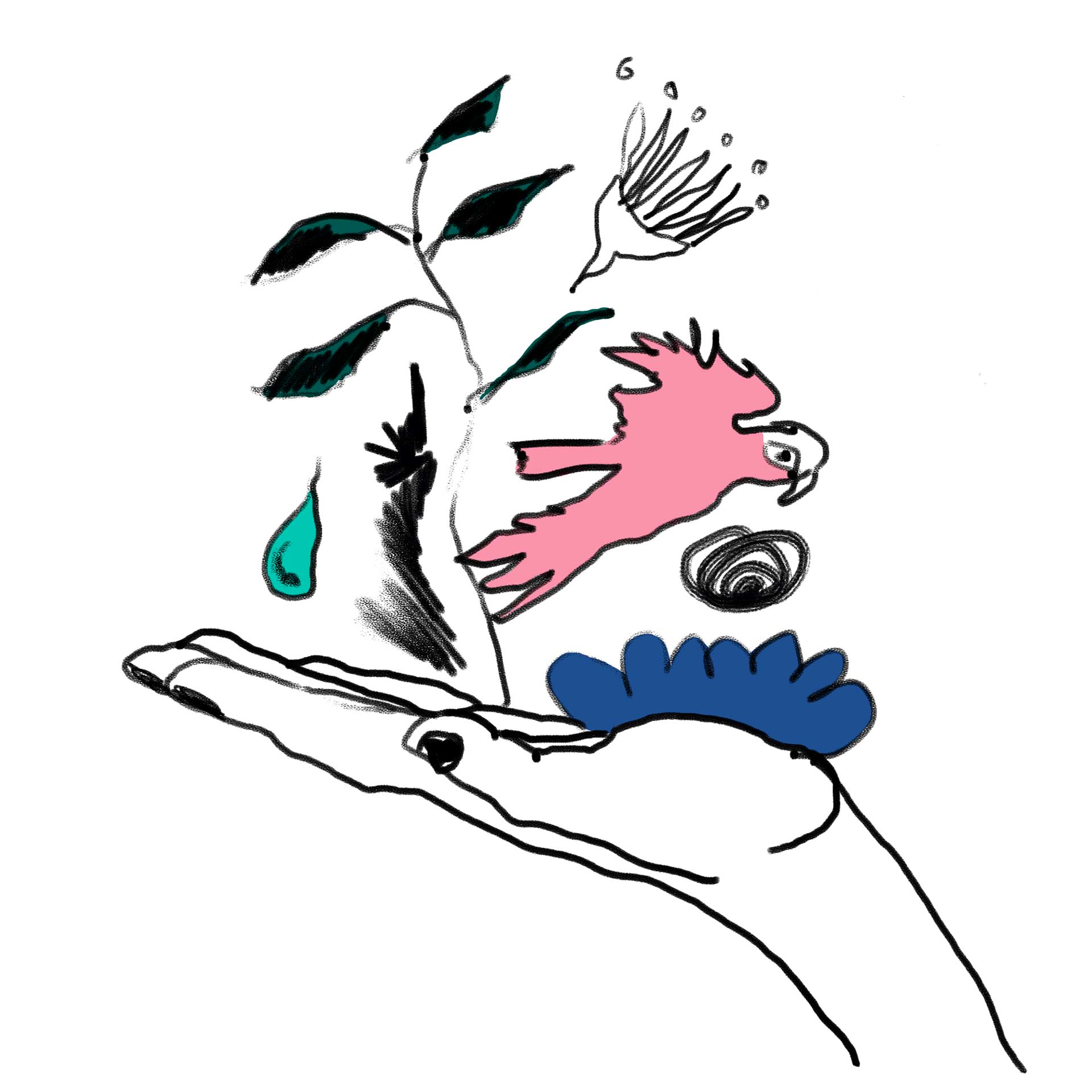During the compilation of the Environmental Volunteering and Citizen Science Background Report, the Office of the Commissioner for Sustainability and the Environment (OCSE) team has been fortunate to talk to many of the ACT’s amazing volunteers, as well as staff from the organisations that support them.

Environment volunteering and citizen science programs are clearly very successful here in the ACT.
However, OSCE staff also heard suggestions for how things could be even better.
Some opportunities for the ACT Government to consider are outlined here.
Review the way metrics about volunteer contributions are collected and held
The ACT Government uses an online tool called Better Impact to collect and manage information about the volunteers in its ParkCare and Parks and Places volunteering programs. Volunteers themselves are responsible for recording data about their work and inputting it into this system. There is little transparency around or access to the data once it is entered into Better Impact, which can reduce the motivation of volunteers to contribute their data.
- Allow volunteers to access information about their own contributions, or about their own group, through the Better Impact system. If Better Impact does not allow this type of access, a different platform could be considered. Alternatively, processes could be put in place for government staff to share groups’ own data with them directly (e.g. an annual report to each group).
- Ensure that volunteers understand the reasons for the collection of data about their work, and can see how the time they spend contributing data makes a difference to the way that volunteers are valued by ACT Government. The contribution of information for the ACT State of the Environment Report could be included as one of the reasons for data collection.
- Report publicly (such as on the Parks and Conservation Service (PCS) and Parks and Places websites) on other metrics relating to volunteer contributions. This could include:
- how many hectares of government land are cared for by volunteers;
- how many seedlings have been provided for community plantings;
- dollars spent on tools and equipment for volunteers;
- dollars spent on training for volunteers, numbers attending training and types of training; and
- what percentage of urban parks or nature reserves have a volunteer group.
Better recognition of volunteer contributions
While very few volunteers give their time because they are looking for accolades, it is clear from the information collected for this background report that volunteers save the ACT Government a significant amount of money and that some of what they do is irreplaceable by paid staff. While there is some acknowledgement of volunteers contributions in some government documents and platforms, this is inconsistent and often cursory. Some volunteers did report that they felt their contributions were taken for granted.
- Ensure there is clear and specific acknowledgement of voluntary contributions to ACT Government programs, plans and strategies. This should be meaningful (going beyond ‘thanks to our volunteers’) and include detail about the work that volunteers did and the difference it has made. It should cover everything from volunteer input at planning workshops through to on-ground outcomes.
- Increase acknowledgement of volunteers through ACT Government publications, websites and social media. Currently both the PCS and Parks and Places web pages largely present their volunteer programs as a service they provide to the community. There could be a much stronger focus on the reciprocal benefits that the ACT Government gets from volunteers working on its land.
- Allow volunteers to claim back money spent on parking or public transport from the relevant government agency when they have been invited to attend meetings and workshops run by government.
- Organise a yearly event celebrating all environment and citizen science volunteers to thank them for the contributions to the ACT Government. This should be free for volunteers to attend and be open to all volunteers, regardless of which program or group they are involved with. It would not be associated with an awards ceremony or singling out individuals but purely about saying ‘thank you’.
Appropriate resourcing for volunteer programs and community organisations
OCSE welcomes the ACT Government’s announcements in 2020 and 2021 of funding provisions for Waterwatch, ACT Wildlife, the ACT Catchment Groups and Frogwatch. OCSE also welcomes the announcement in September 2021 of a second ranger position to support ParkCare Patch groups.
- At a minimum, continue current levels of support for volunteer programs and community groups in the ACT. The Commissioner urges the ACT Government to provide more certainty about ongoing funding for these organisations and programs as this is key to planning for future success, staff retention and long term programs.
More transparency around government activities and decisions that affect volunteers
Even within a government agency, it can be difficult to determine the best pathway for interaction between volunteers and government staff. Different staff are responsible for volunteer programs, the day-to-day management of the land on which volunteers work, and for approvals that may be needed for particular kinds of work. Consequently, communication between different areas within government, and between government and volunteers, can be challenging.
- Ensure early and genuine consultation with volunteers about decisions that affect their activities and the way their programs are managed.
- Develop processes for proactively communicating with environment volunteers about what is happening in their part of the ACT. This could include research programs, planned land management works, what rangers or other staff have been working on, key achievements and new projects. Ideally this would be a useful resource for both volunteers and government staff.
- Develop a cross-government partnership standards guideline which sets out expected behaviours and processes for engaging with non-government partners, including volunteers and staff for community organisations.
Improved processes for using volunteer knowledge
Many volunteers work on their reserves for decades, while rangers may stay in the same area for only a few months. Volunteers also work together closely and naturally pass on skills and knowledge specific to their reserve within their group, providing a level of continuity that is not always possible within government. Volunteer ‘corporate knowledge’ should be viewed as an asset to the ACT.
- Develop processes to better manage the impacts of ranger turnover. These will recognise both the in-depth site-based knowledge of volunteers and the broader experience of rangers.
- Explore other ways of improving relationship-building and knowledge exchange between volunteers, community groups and ACT Government staff, for example bringing staff and volunteers together at forums, workshops and field trips. This could be outsourced (with funding) to organisations like Landcare ACT or the Conservation Council if required.
Improved processes for using citizen science data
Currently there appears to be little support from ACT Government for grassroots citizen science programs until after they have already proven their worth. This means there is no clear avenue for trialling new citizen science projects and approaches. More can be done to bring citizen scientists and government scientists together to build mutual capacity and understanding, and ensure that opportunities for new programs are not missed.
- Develop a process to determine whether ACT Government research projects are appropriate for citizen science involvement, and plan for how citizen scientists will be engaged.
- Explore ways to improve links and exchanges of ideas between government and citizen scientists. An annual hackathon focussing on the ACT’s conservation priorities and knowledge gaps could be one way to do this.

